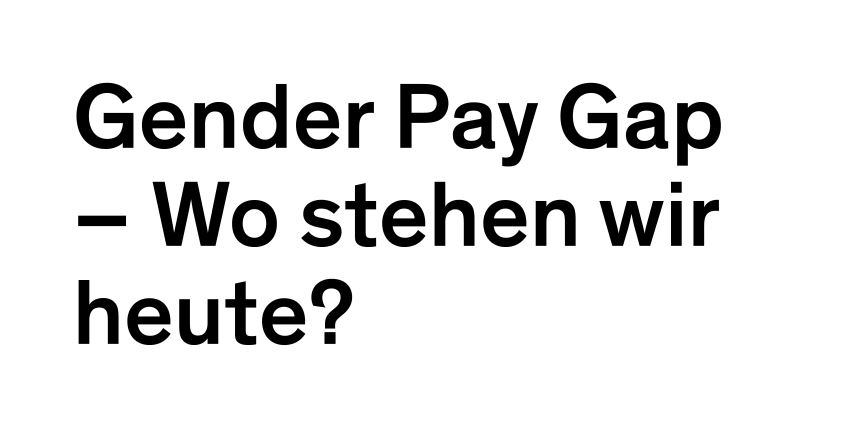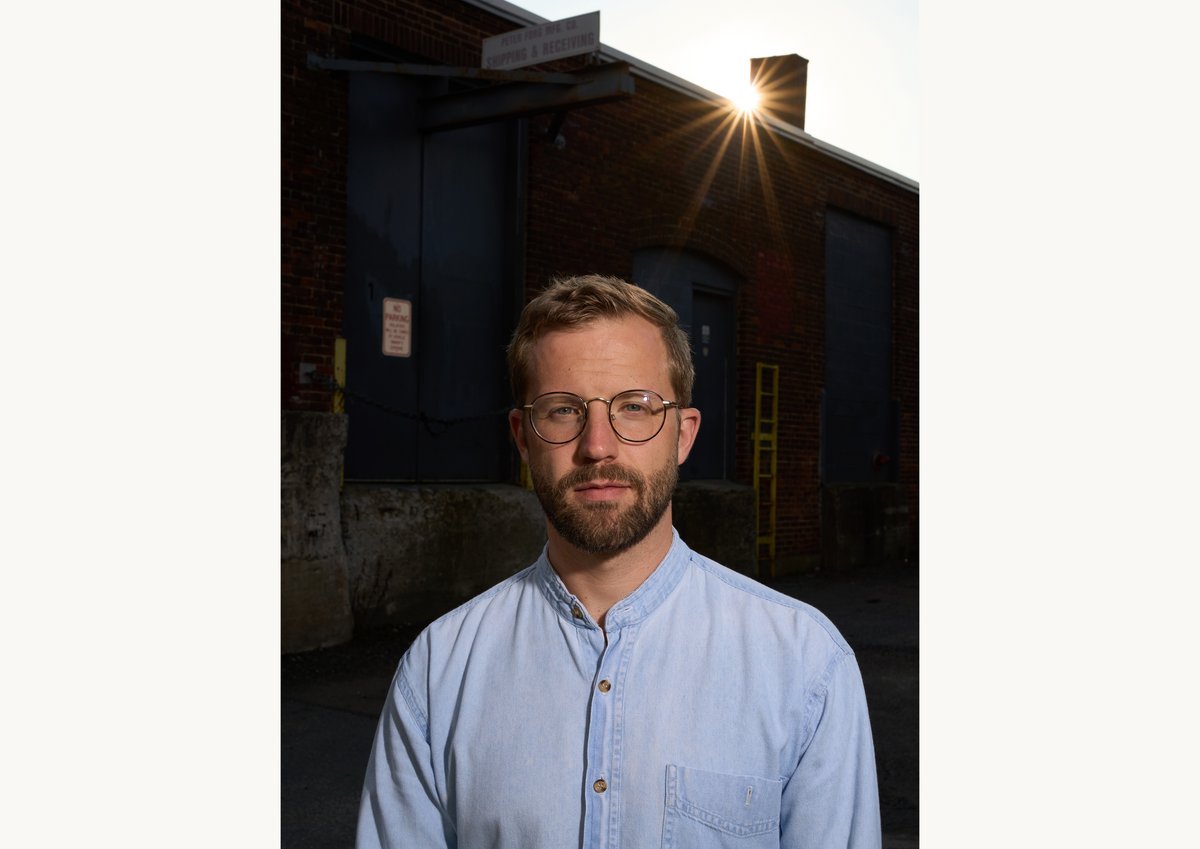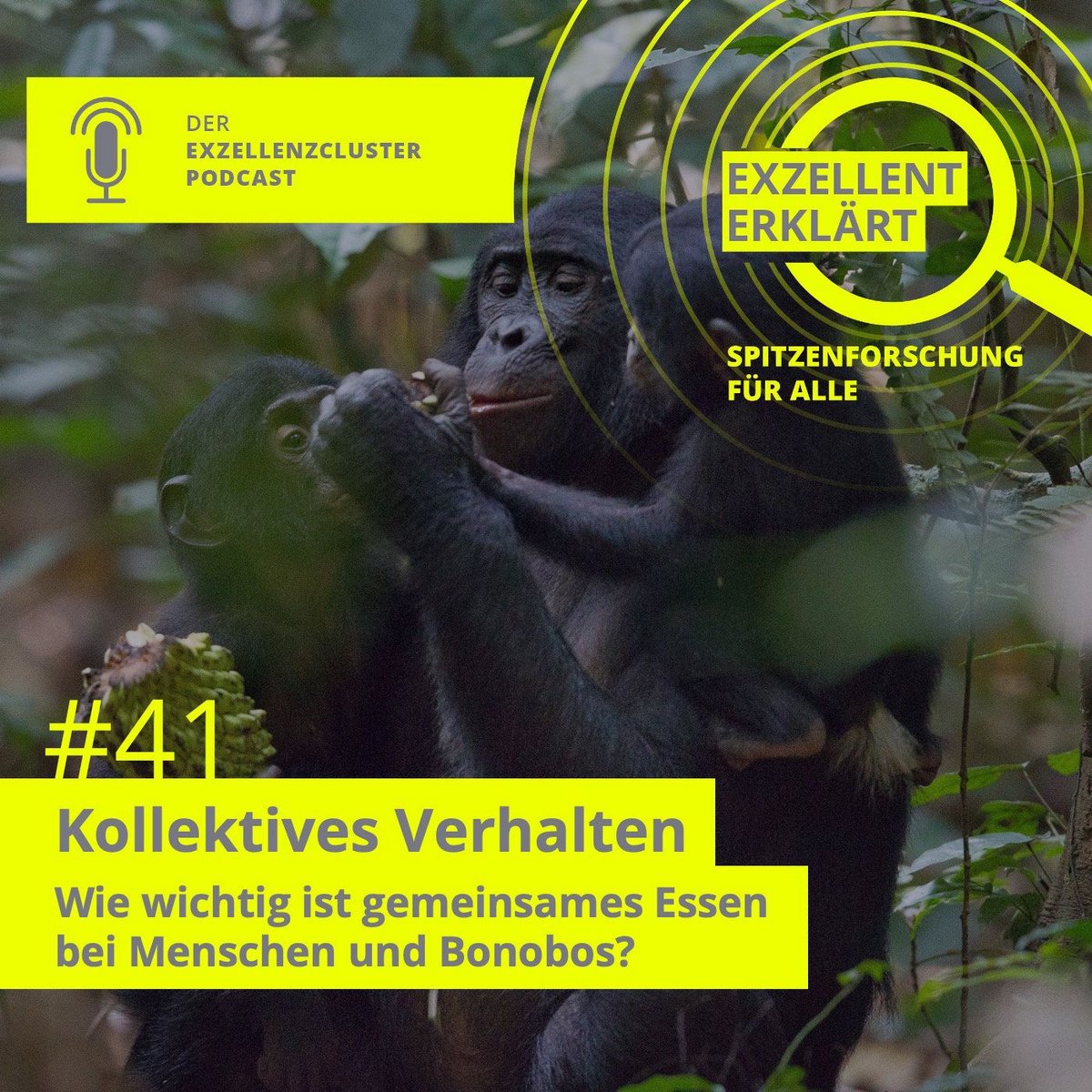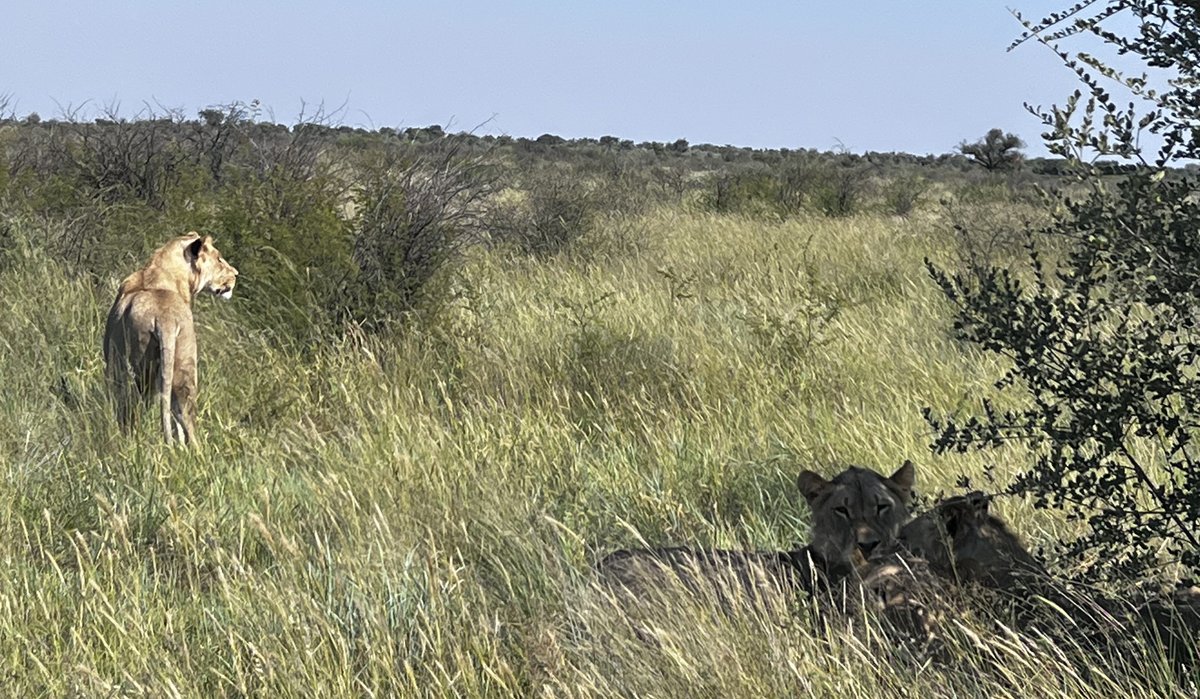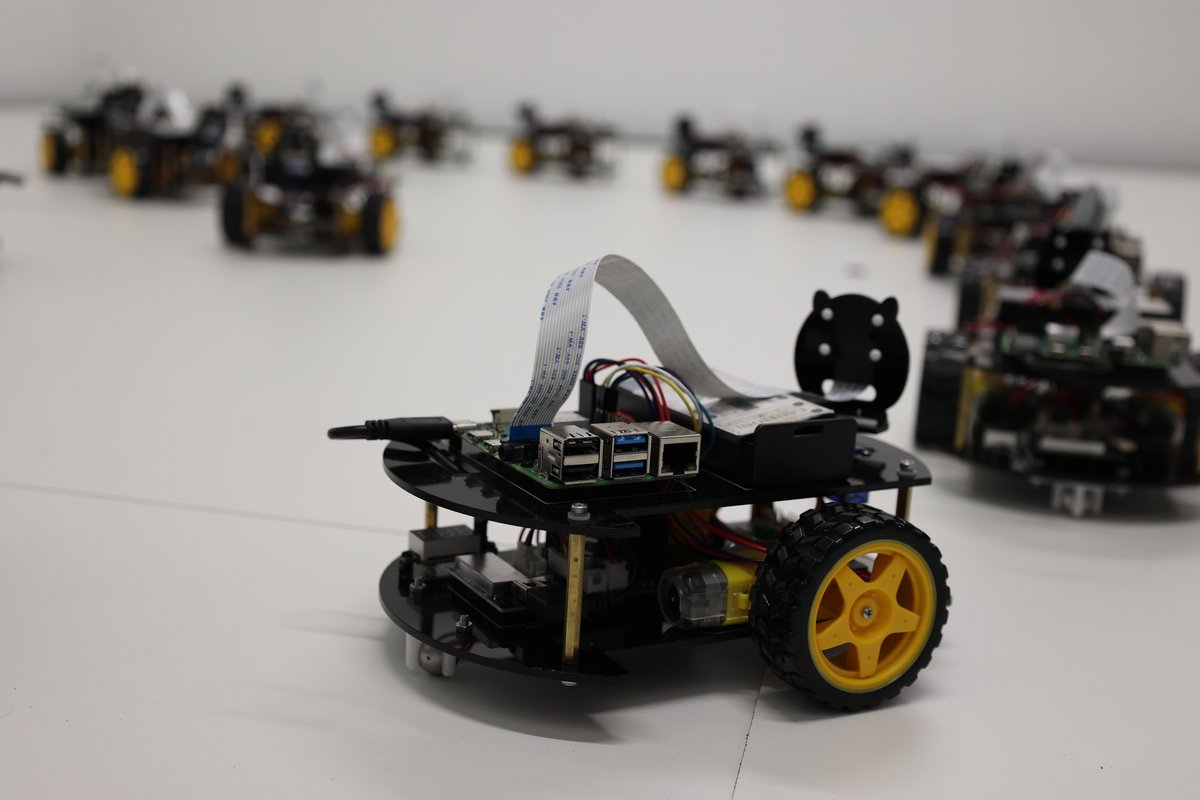
"Turing test" for animal systems
What advantages do robots offer in researching the behavioural rules of animal groups? How is robotics research inspired by nature? Three robotics researchers from the Cluster of Excellence "Collective Behaviour" (CASCB) at the University of Konstanz provide insights.
Read more
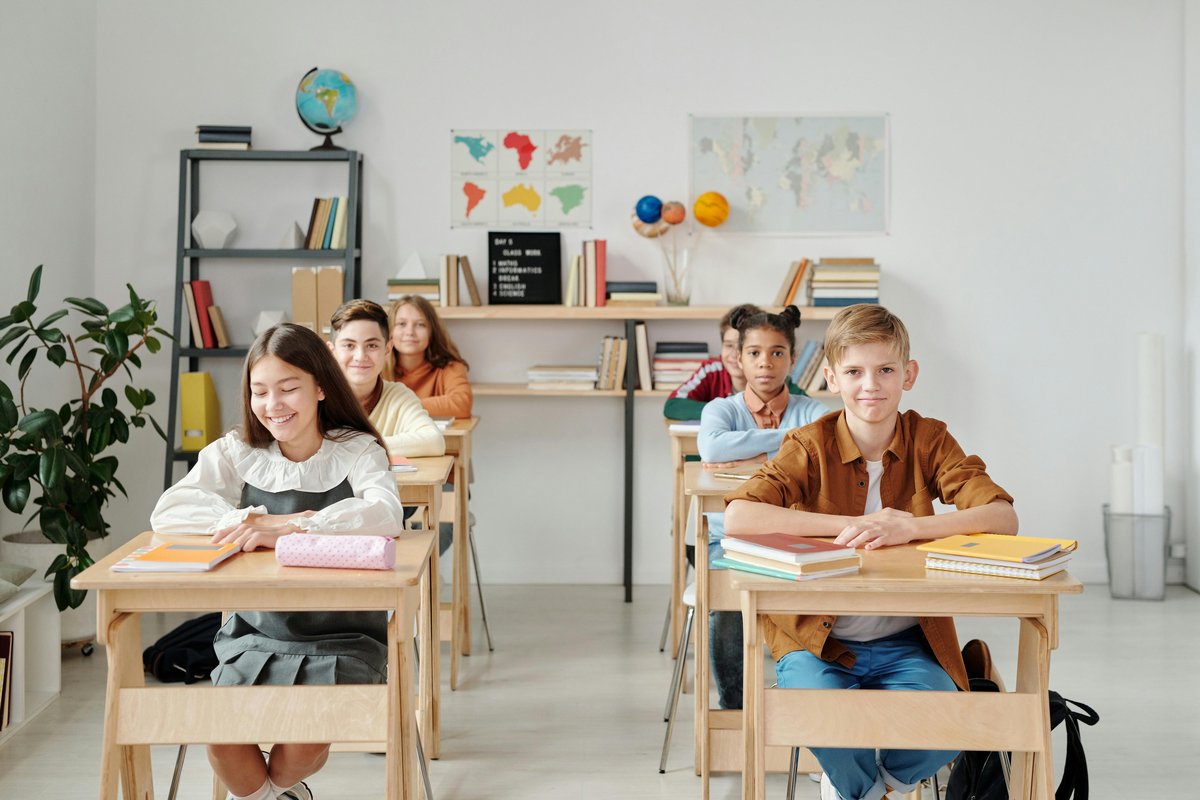
![[Translate to Englisch:] Drawing of a man and a woman sitting opposite each other on chairs. He is agitated or angry. His feelings are being transferred to her.](/fileadmin/_processed_/4/9/csm_stressuebertragung_e0ee1ee349.jpg)


